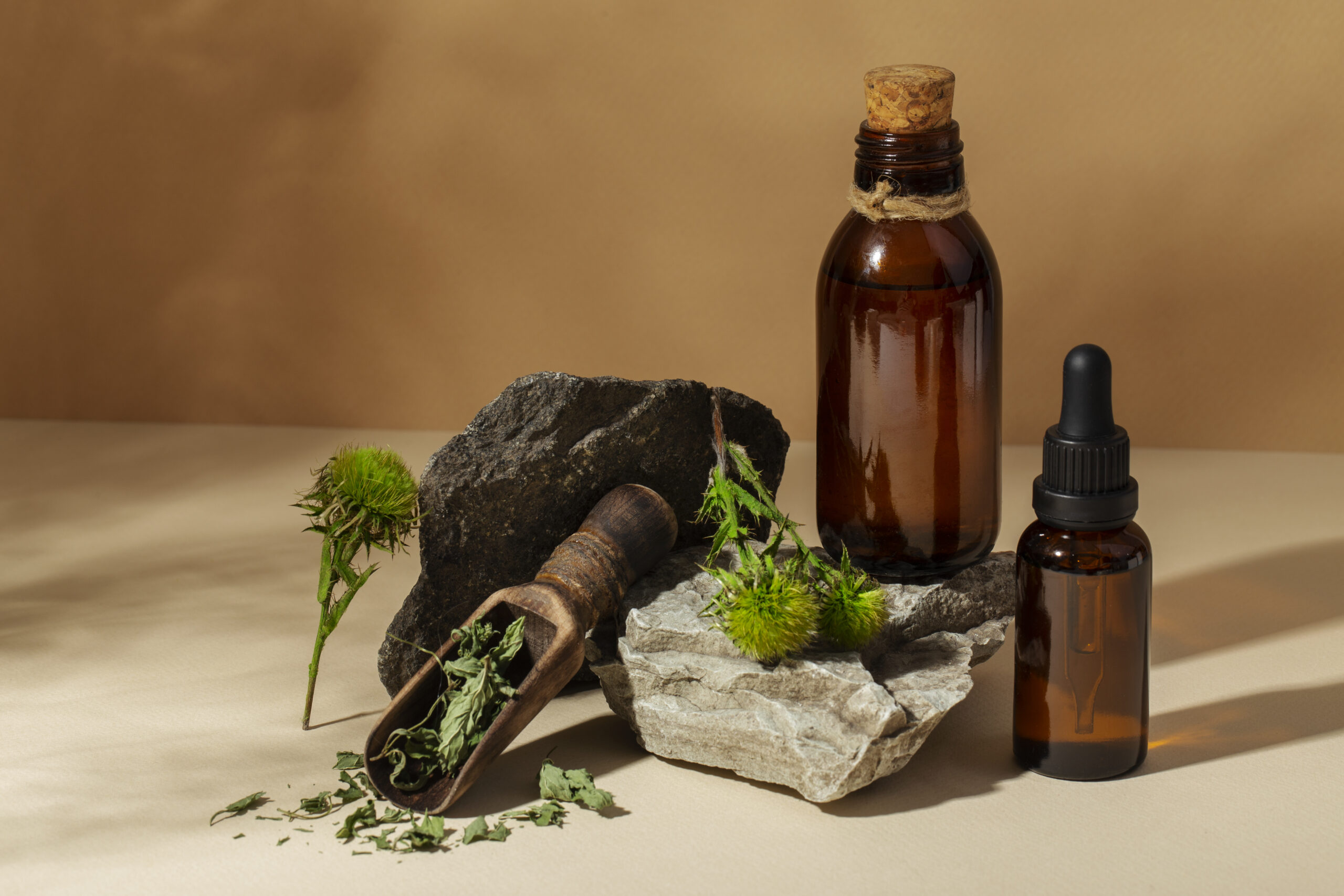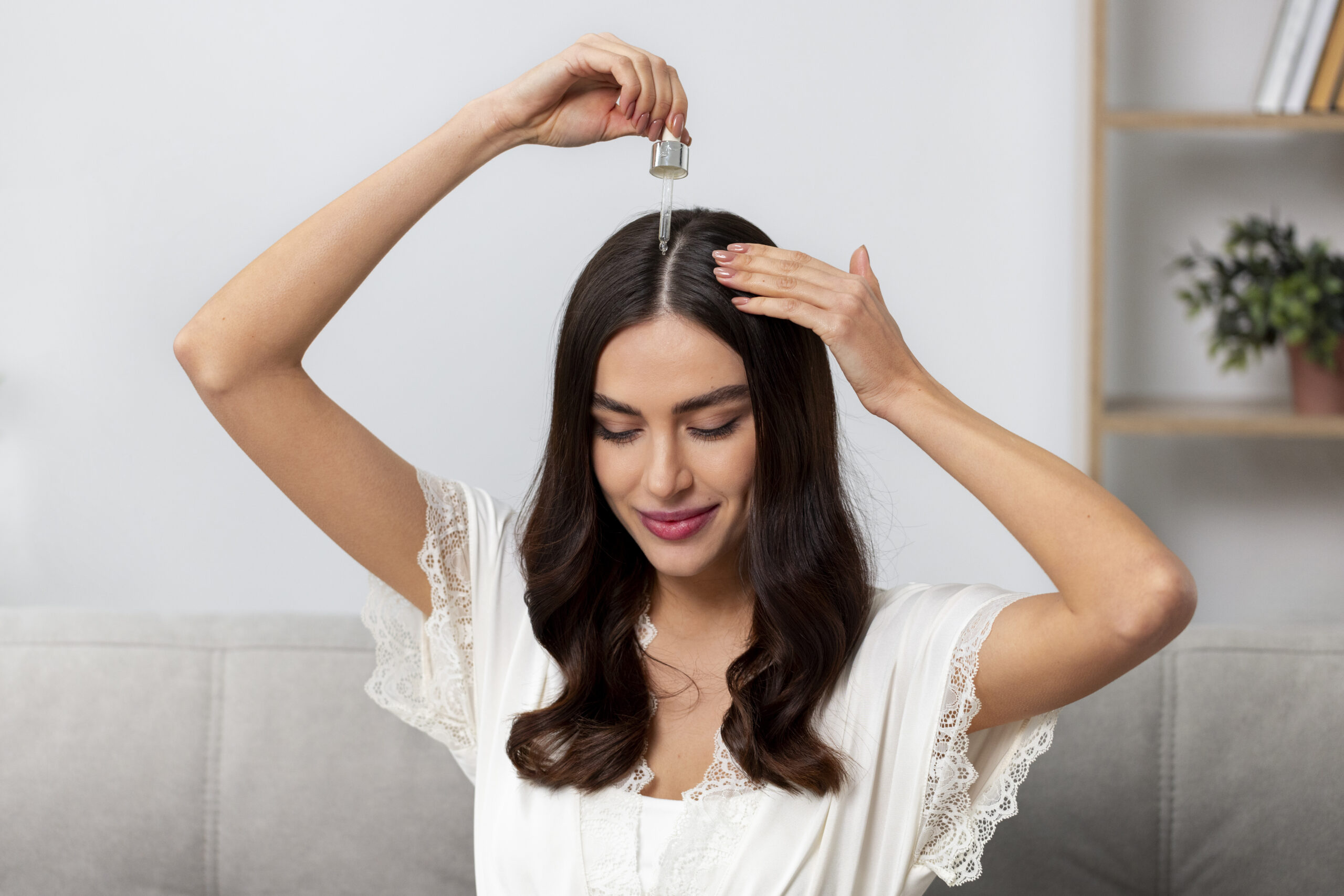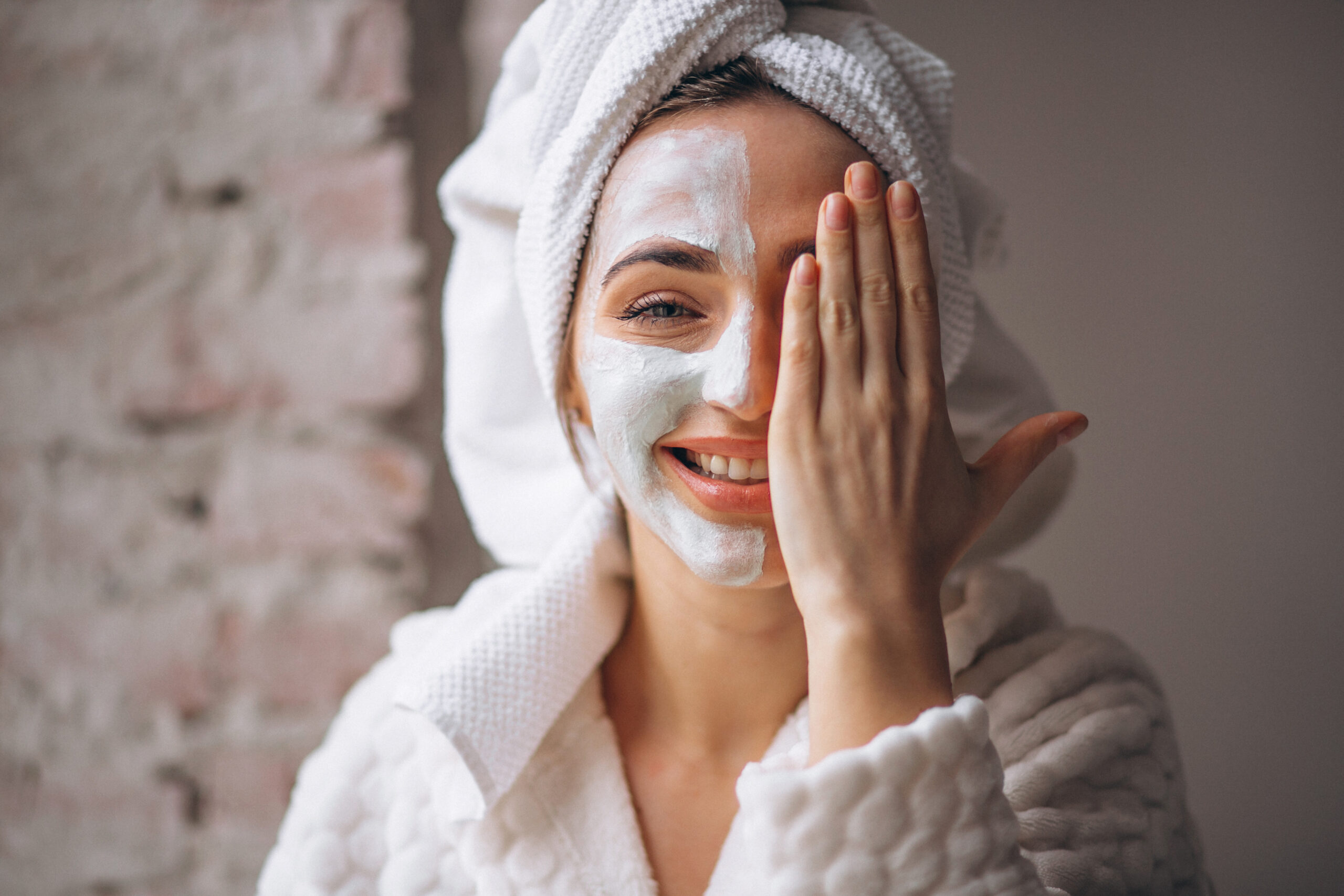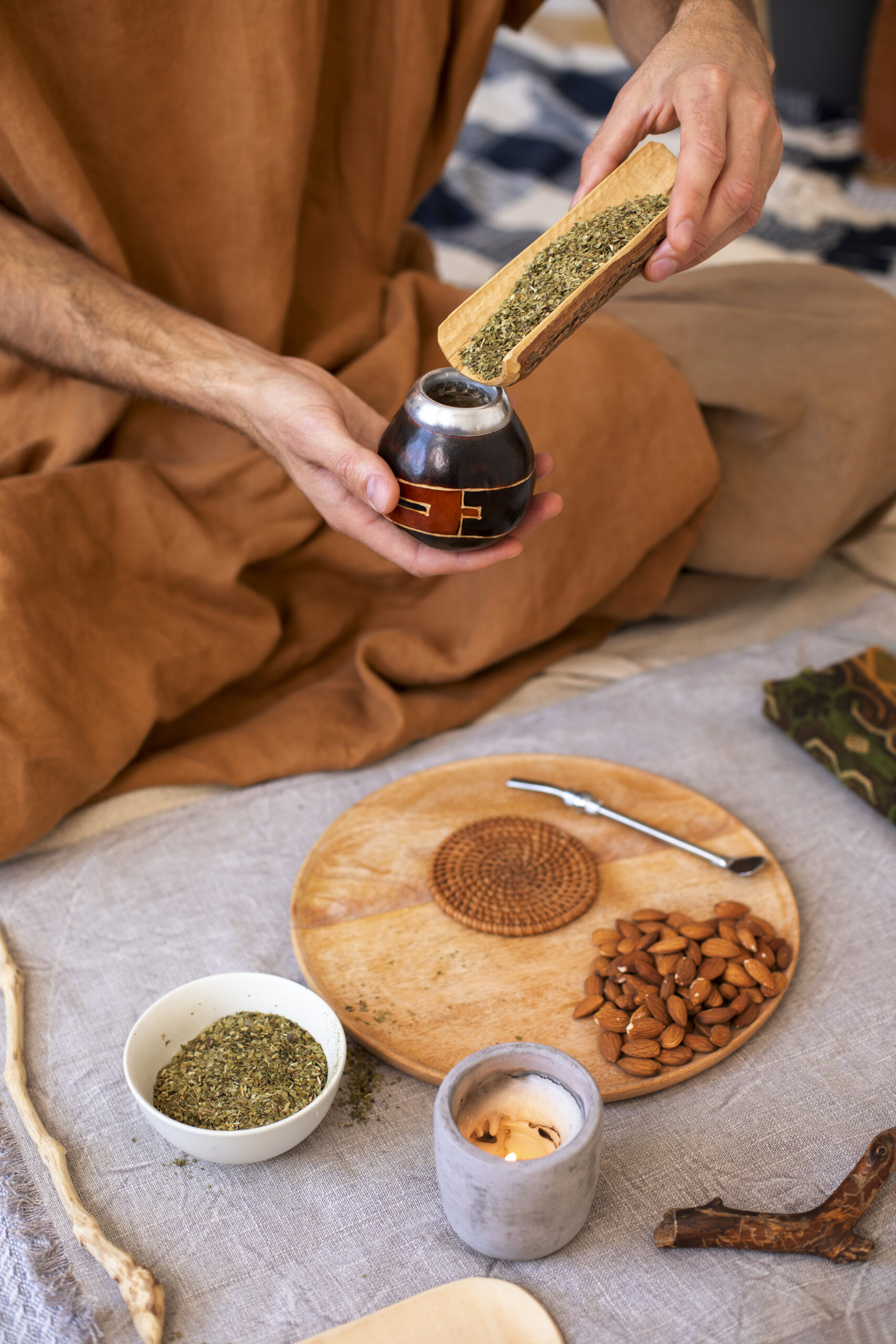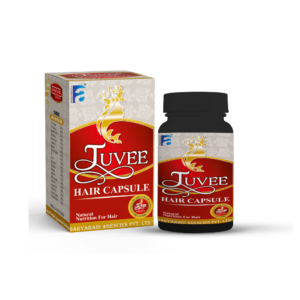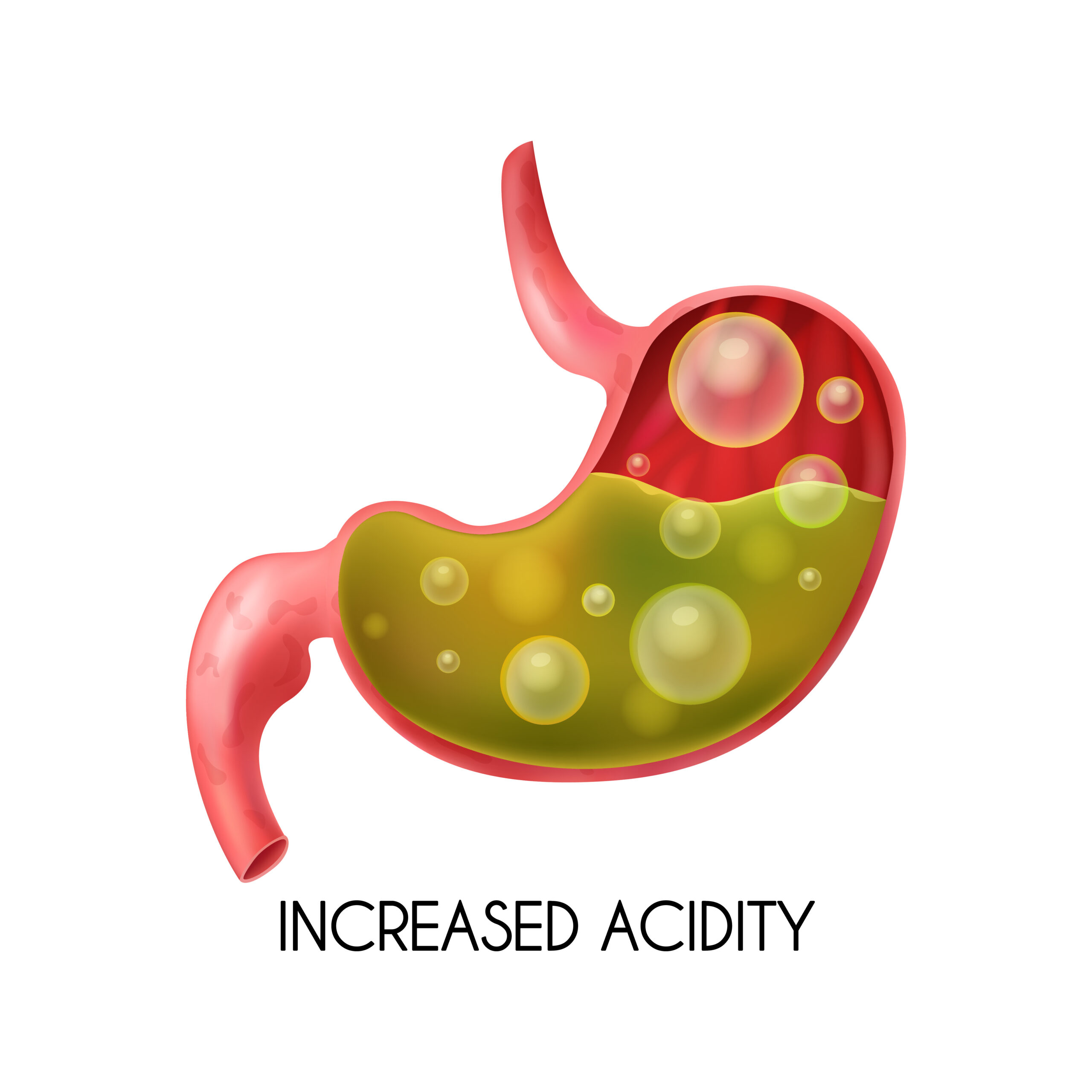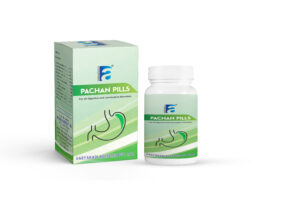ROGAN BADAM SHIRIN: THE TIMELESS ELIXIR FOR HOLISTIC WELLNESS
Introduction:
In the realm of traditional medicine, certain remedies stand the test of time, offering a beacon of hope for those seeking holistic wellness. Rogan Badam Shirin, also known as almond oil, is one such elixir revered for its myriad health benefits and therapeutic properties. In this comprehensive guide, we delve into the origins, composition, and diverse applications of Rogan Badam Shirin, unlocking the secrets of this timeless remedy for overall well-being.
DISCLAIMER: The information provided in this blog is for educational and informational purposes only and is not intended as medical advice. The content is not intended to diagnose, treat, cure, or prevent any disease. Readers are advised to consult with a qualified healthcare professional regarding their specific health concerns and before starting any herbal remedies or health regimen. While every effort has been made to ensure the accuracy and completeness of the information presented, the author and publisher assume no responsibility for any errors or omissions. The use of herbal remedies and traditional medicine should be undertaken with caution and under the guidance of a qualified healthcare practitioner, especially for individuals with pre-existing medical conditions or those taking medications. The inclusion of specific herbs or formulations in this blog does not imply endorsement or recommendation. Individual responses to herbal remedies may vary, and it is important to consider individual health needs and sensitivities. Always read product labels and instructions carefully before use. By accessing and using this blog, readers acknowledge and agree to the terms of this disclaimer and release the author and publisher from any liability arising from the use or misuse of the information provided.
Origins and Composition:
Rogan Badam Shirin traces its roots back to ancient times, where it was treasured for its medicinal properties in Ayurveda, the traditional system of medicine in India. Derived from the cold pressing of sweet almonds, Rogan Badam Shirin is a rich source of essential fatty acids, vitamins (particularly vitamin E), minerals, and antioxidants. Its composition includes omega-3 and omega-6 fatty acids, which nourish and moisturize the skin, along with vitamin E, which acts as a potent antioxidant, protecting the skin from oxidative stress and premature aging.
BENEFITS OF ROGAN BADAM SHIRIN:
The multifaceted benefits of Rogan Badam Shirin extend beyond skincare, encompassing various aspects of holistic wellness:
- Skin Nourishment: Rogan Badam Shirin is renowned for its emollient properties, making it an excellent moisturizer for dry, parched skin. Its lightweight texture allows for easy absorption, leaving the skin soft, supple, and hydrated.
- Hair Care: Almond oil is a time-honored remedy for promoting hair growth, preventing hair loss, and improving hair texture. Its nourishing properties penetrate the hair shaft, strengthening the hair from within and imparting a healthy shine.
- Brain Health: The rich content of omega-3 fatty acids in Rogan Badam Shirin is beneficial for cognitive function and brain health. Regular consumption may help enhance memory, focus, and overall cognitive performance.
- Heart Health: Almond oil is a heart-healthy oil that may help lower cholesterol levels, reduce inflammation, and support cardiovascular health. Its monounsaturated fats and antioxidants contribute to a healthy lipid profile and may reduce the risk of heart disease.
- Digestive Aid: In Ayurveda, almond oil is valued for its mild laxative properties, which help promote bowel regularity and relieve constipation. It may also soothe inflammation in the digestive tract and support overall digestive health.
- Immune Support: The antioxidant properties of vitamin E in Rogan Badam Shirin help strengthen the immune system, protecting the body against infections and diseases. Regular consumption may enhance immune function and boost overall vitality.
APPLICATIONS OF ROGAN BADAM SHIRIN:
Rogan Badam Shirin offers versatile applications for promoting health and well-being:
– Skincare: Apply Rogan Badam Shirin topically as a moisturizer for the face and body, or incorporate it into homemade skincare remedies such as face masks, serums, and scrubs.
– Hair Care: Massage Rogan Badam Shirin into the scalp and hair strands to nourish and condition the hair, or use it as a pre-shampoo treatment for added hydration and shine.
– Oral Consumption: Consume Rogan Badam Shirin orally as a dietary supplement by taking a teaspoon daily, or incorporate it into recipes such as smoothies, salads, and baked goods for a nutritional boost.
CONCLUSION:
Rogan Badam Shirin, with its time-tested efficacy and versatile applications, emerges as a quintessential elixir for holistic wellness. From skincare and hair care to brain health and immune support, its myriad benefits make it a valuable addition to any wellness regimen. By harnessing the power of Rogan Badam Shirin, individuals can embark on a journey towards radiant health, vitality, and inner harmony.


